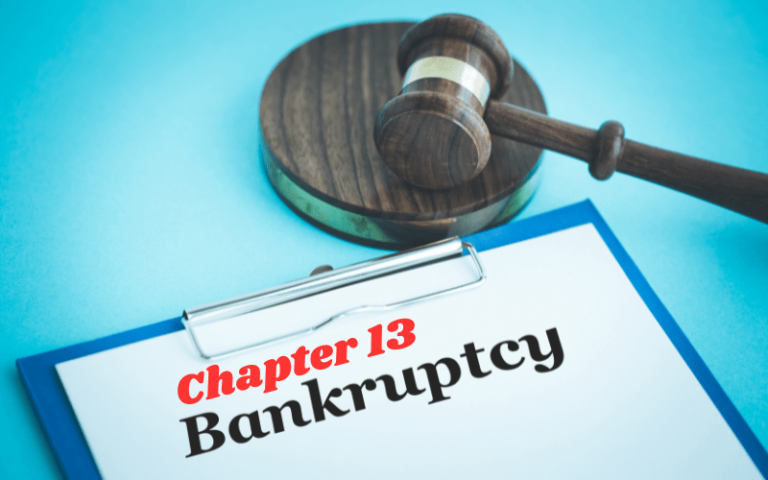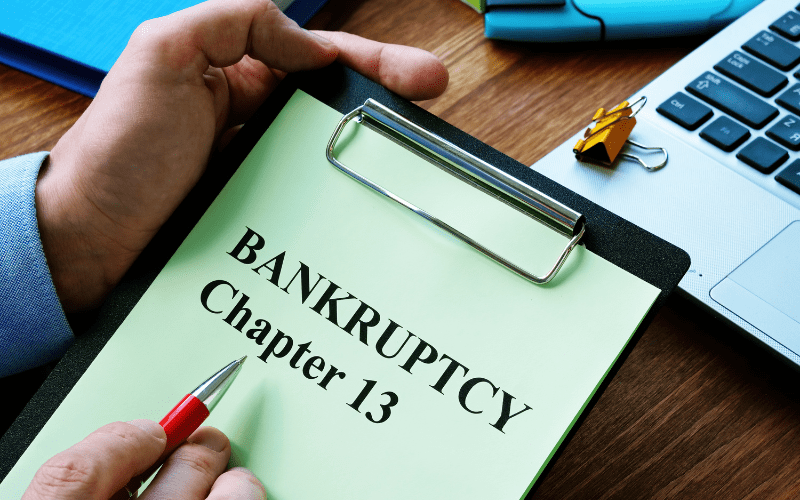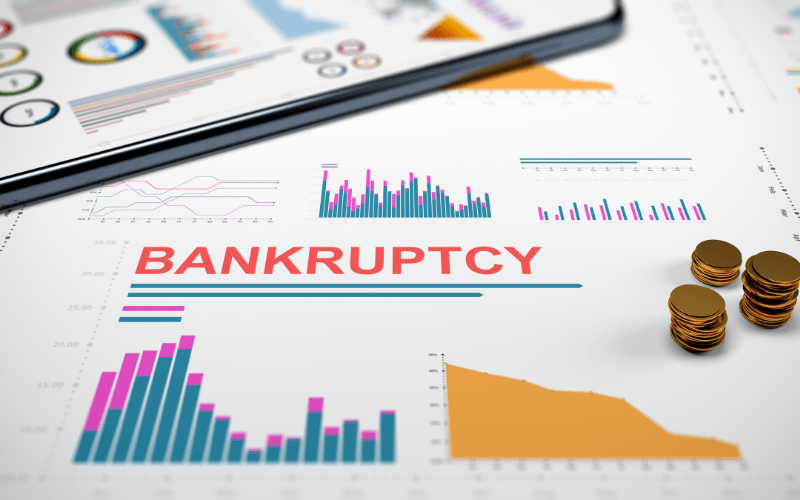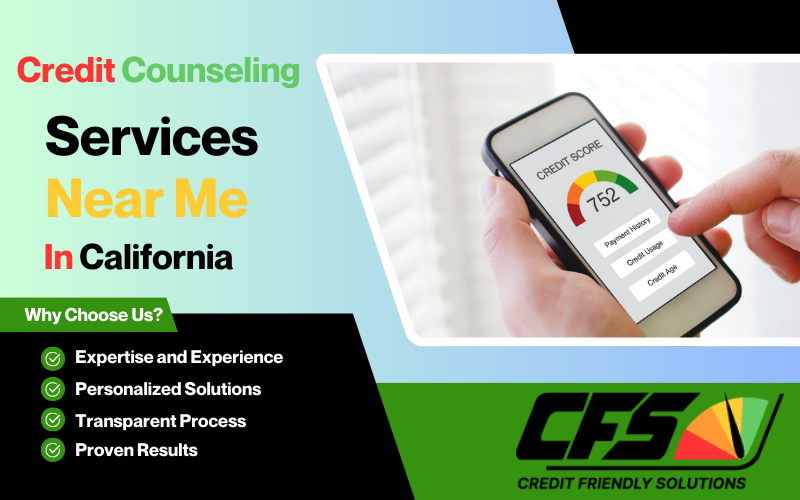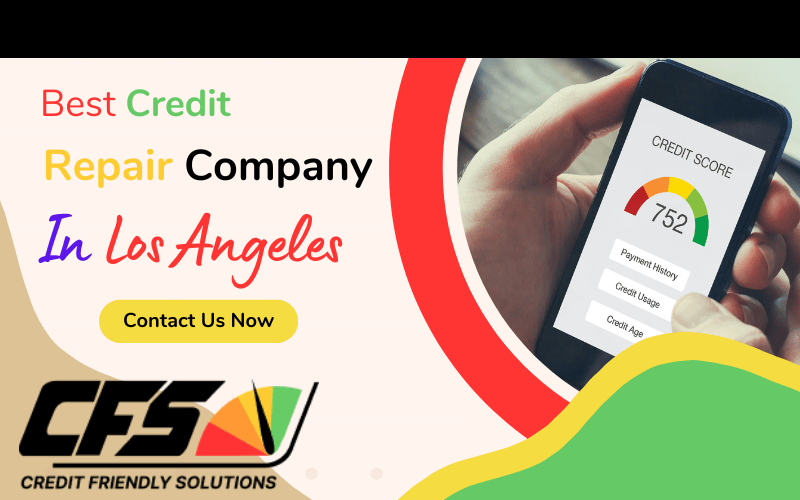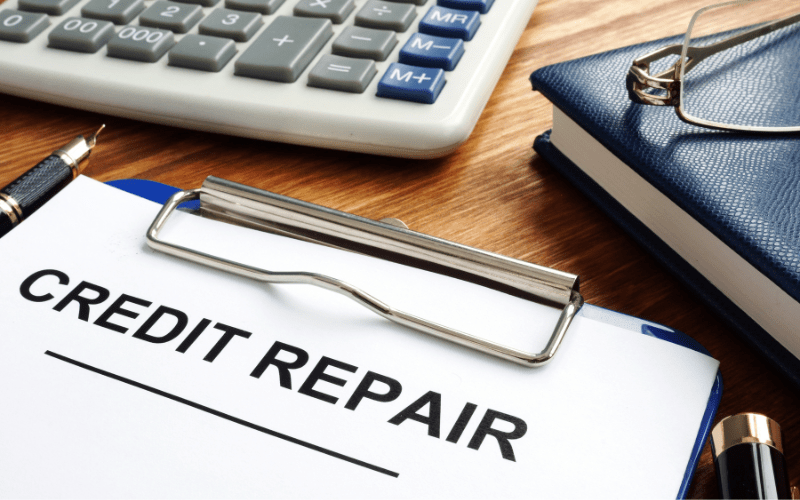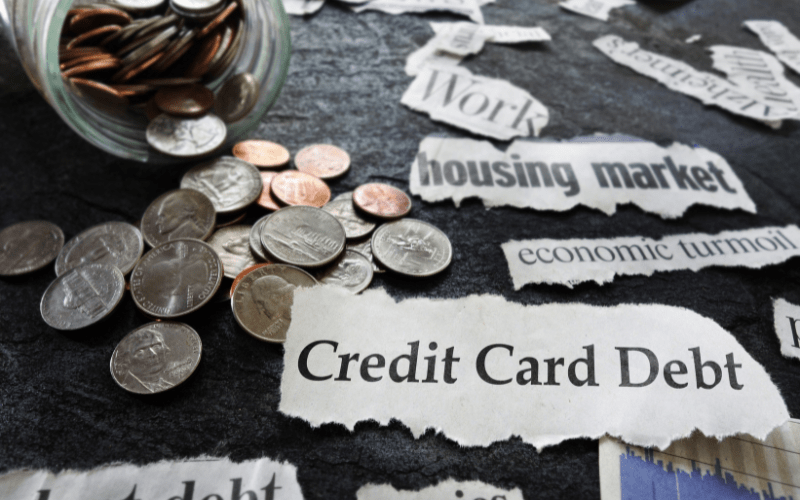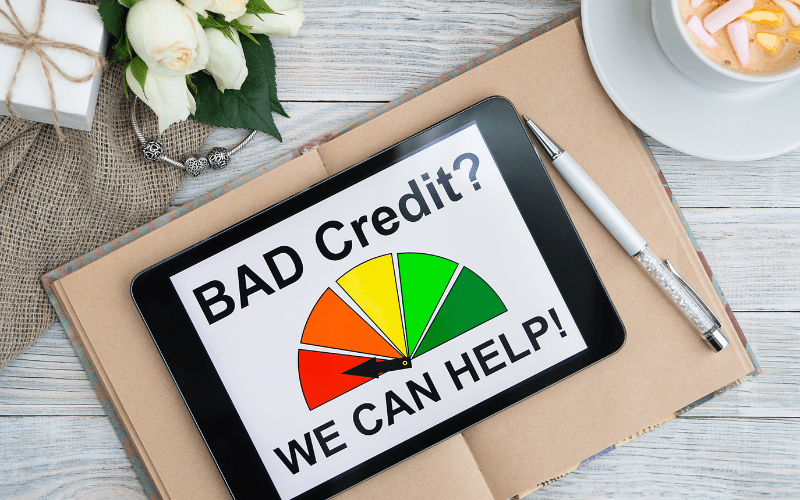Bankruptcy can feel overwhelming, but it’s a powerful tool for those facing financial challenges. Among the different types of bankruptcy, Chapter 13 bankruptcy offers a unique solution. This process allows individuals to reorganize their debt and repay creditors over time. For those with a steady income but struggling with debt, Chapter 13 provides a structured way to regain control of finances.
In this post, we will explore Chapter 13 bankruptcy, how it works, and how Credit Friendly Solutions can support you in achieving financial recovery.
What is Chapter 13 Bankruptcy?
Chapter 13 bankruptcy allows individuals to create a court-approved repayment plan, typically lasting three to five years. Unlike Chapter 7 bankruptcy, which requires selling assets to repay debt, Chapter 13 lets you keep your property while you repay your creditors.
With Credit Friendly Solutions, you can develop a tailored debt repayment plan based on your specific financial situation.
Key Points about Chapter 13 Bankruptcy:
- Debt reorganization: Chapter 13 lets you repay debts over time instead of selling assets.
- Eligibility: Individuals with less than $2,750,000 in combined secured and unsecured debts can file for Chapter 13.
- Repayment duration: Repayment plans usually last three to five years.
- Automatic stay: Filing stops creditor collection actions, including foreclosures and wage garnishments.
How Does Chapter 13 Bankruptcy Work?
When you file for Chapter 13 bankruptcy, you develop a repayment plan based on your income, assets, and debts. The court must approve this plan before you begin making payments to a bankruptcy trustee. The trustee will distribute these payments to your creditors based on the plan.
Step-by-Step Process:
- Pre-filing: You complete credit counseling before filing.
- Filing the petition: Filing triggers an automatic stay, which halts creditor collection efforts.
- Creating a repayment plan: You work with an attorney to create a detailed repayment plan.
- Confirmation hearing: The court reviews and approves the plan during a confirmation hearing.
- Making payments: You make regular payments to the bankruptcy trustee, who distributes funds to creditors.
- Discharge of debts: After completing the repayment plan, the court discharges any remaining eligible debts.
Credit Friendly Solutions will guide you through each step of the process, ensuring a smooth path to financial freedom.
What Debts Does Chapter 13 Cover?
Not all debts receive the same treatment in Chapter 13 bankruptcy. Secured debts, such as a mortgage or car loan, take priority, while unsecured debts, such as credit cards, come later in the repayment process.
Types of Debts Covered:
- Secured debts: Mortgages and auto loans receive repayment under the Chapter 13 plan, often allowing you to keep your home or vehicle.
- Unsecured debts: Credit cards and medical bills may receive partial repayment or, in some cases, discharge after plan completion.
- Non-dischargeable debts: Some obligations, such as student loans, child support, and taxes, cannot be discharged in bankruptcy.
Credit Friendly Solutions helps you assess your financial obligations and prioritize debts in your repayment plan.
Benefits of Chapter 13 Bankruptcy
Chapter 13 bankruptcy offers significant benefits, particularly for individuals seeking to keep their assets while repaying their debts over time.
Key Benefits:
- Avoid foreclosure: Chapter 13 halts foreclosure and allows you to catch up on mortgage payments.
- Protect co-signers: Your repayment plan protects co-signers from creditor actions.
- Rebuild credit: Completing a Chapter 13 plan can help you rebuild your credit score.
- Debt discharge: After you complete your repayment plan, many unsecured debts will be discharged.
By working with Credit Friendly Solutions, you can take full advantage of these benefits and develop a plan that fits your financial needs.
Potential Challenges of Chapter 13 Bankruptcy
While Chapter 13 provides several benefits, it also comes with challenges. The repayment plan requires commitment, as it typically lasts three to five years. Missing payments can lead to the dismissal of your bankruptcy case, which could remove the protections provided by bankruptcy.
Additionally, Chapter 13 affects your credit score for several years, although the impact may be less severe than Chapter 7 bankruptcy.
If you’re unsure whether Chapter 13 is right for you, Credit Friendly Solutions can help you evaluate your options.
Chapter 13 Bankruptcy vs. Chapter 7 Bankruptcy
Many individuals wonder whether Chapter 13 bankruptcy or Chapter 7 bankruptcy fits their needs better. The key difference between the two lies in how debts are managed. Chapter 7 involves liquidating assets to pay off debts, while Chapter 13 allows individuals to keep assets and repay debts over time.
Key Differences:
- Asset retention: In Chapter 13, you keep your assets, while Chapter 7 may require you to sell non-exempt property.
- Eligibility: Chapter 13 has specific debt limits, while Chapter 7 focuses on individuals with little disposable income.
- Credit impact: Both types of bankruptcy affect your credit score, but Chapter 13 stays on your report for seven years, while Chapter 7 lasts for ten years.
If you’re considering bankruptcy and don’t know which type is best for you, Credit Friendly Solutions can guide you through the decision process.
How to Choose a Chapter 13 Bankruptcy Lawyer
Hiring a knowledgeable bankruptcy attorney is essential for navigating the legal complexities of Chapter 13 bankruptcy. Look for a lawyer with experience in bankruptcy law and a thorough understanding of your financial situation.
Credit Friendly Solutions can connect you with qualified bankruptcy attorneys to ensure your case proceeds smoothly. Visit the U.S. Courts website for official information on bankruptcy laws.
FAQs
- How long does Chapter 13 bankruptcy stay on my credit report?
- Chapter 13 remains on your credit report for seven years from the filing date.
- Can I keep my house during Chapter 13 bankruptcy?
- Yes, Chapter 13 allows you to catch up on missed mortgage payments and keep your home as long as you comply with your repayment plan.
- What happens if I miss a Chapter 13 payment?
- Missing a payment can result in the dismissal of your case, but you may be able to modify your repayment plan with the help of your attorney.
- Can I pay off my Chapter 13 plan early?
- In some cases, you can pay off your plan early, but this depends on your financial situation and the court’s approval.
- Can I file for Chapter 13 bankruptcy more than once?
- Yes, you can file for Chapter 13 again, but there are waiting periods between cases.
Conclusion
Chapter 13 bankruptcy offers individuals a way to regain control of their finances without losing their assets. By developing a structured repayment plan, you can pay off your debts over time while keeping your home, car, and other valuable property. If you’re considering bankruptcy, Credit Friendly Solutions can guide you through the process and help you develop a plan that fits your financial needs.
For more information, contact Credit Friendly Solutions today and speak with a bankruptcy expert who can provide you with the resources and support you need to achieve financial freedom.

